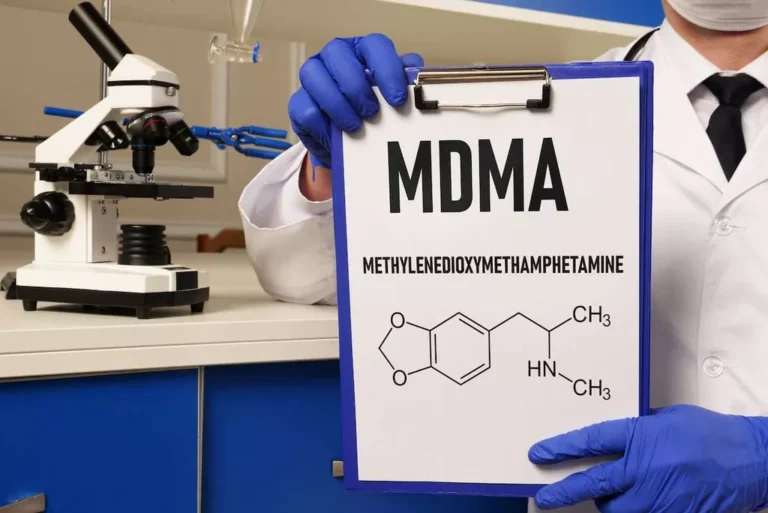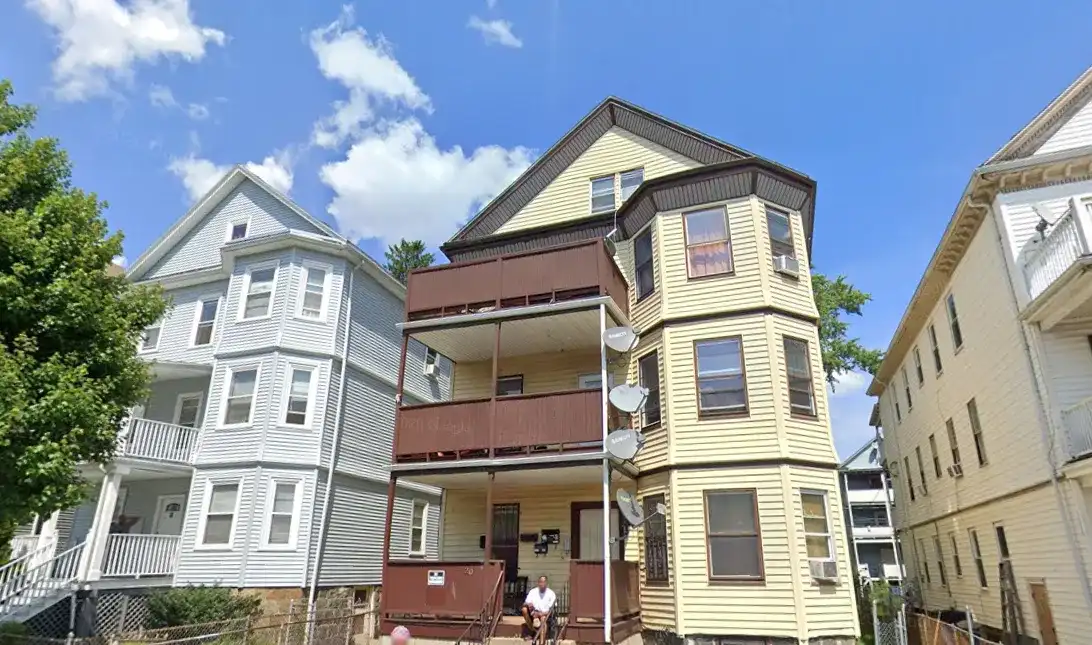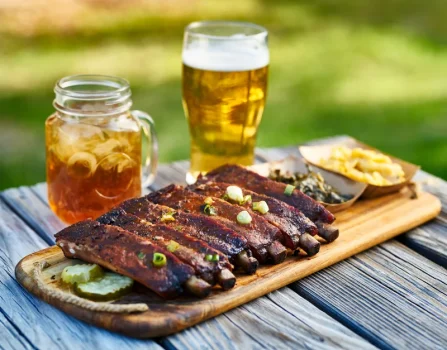
Other studies have also shown a high alcohol intake (2–3 drinks or more per day) is linked to weight gain including abdominal obesity, especially in men (23, 24, 25, 26). Alcohol bloating can happen when a high alcohol intake causes stomach acid levels to rise. This can lead to inflammation and irritation of the stomach lining, knowns as acute gastritis. In the longer term, alcohol consumption can contribute to chronic gastritis, where persistently high levels of stomach acid cause stomach ulcers to develop.
- Most of us have felt it before — a feeling of tightness or fullness in the abdomen and puffiness accompanied by gas, cramping, and heartburn.
- Think again if you can circumvent this problem by drinking “skinny” margaritas or clear liquor with soda water.
- However, high alcohol intake may lead to inflammation, liver disease, certain types of cancer, excess weight gain, and many other health problems (14, 15).
- Still, research has linked excess alcohol use to poor sleep duration and quality.
- Trans fats are often used in baked products and packaged foods as a cheap — yet effective — replacement for butter, lard, and higher-cost items.
- But, some meal replacement shakes are lacking in the right nutritional value.
How alcohol could cause weight gain
If you’d like to prevent weight gain and still enjoy drinking, try choosing lower-calorie alcoholic beverages and manage how much alcohol you consume. Fortunately, engaging in regular physical activity and limiting sitting during the day can lower your risk of increased abdominal fat while supporting weight management (44, 47). A diet high in added sugars, especially from sugar-sweetened beverages, may increase belly fat. Most often, stick with water, unsweetened coffee/tea, and eating a diet rich in whole, minimally processed foods. Many alcoholic drinks, such as wine, beer, and liquor, are made by fermenting natural starches and sugars. Alcohol can also cause weight gain, which can resemble bloating.
What is an alcohol belly?
- Some alcoholic drinks, such as beer, can also cause boating due to gas.
- In contrast, light-to-moderate alcohol consumption does not cause weight gain.
- If you find yourself consuming more alcohol than you plan, or you feel out of control when you’re drinking, seek medical help.
- An alcohol belly is caused by drinking too much alcohol and consuming alcoholic beverages with too many calories.
However, this may differ based on tolerance levels and other internal processes. Drinking alcohol increases how quickly the stomach empties and irritates the stomach lining and the digestive tract, which leads to inflammation and pain in the abdomen. The exact number of calories can vary widely by drink and serving size. Read on to learn more about the relationship between alcohol and weight gain. A doctor may prescribe medications to protect the stomach lining from damage due to high levels of stomach acid.
- Even the most die-hard diet fan will have a hard time fighting the urge to dig in when intoxicated.
- So, if you’re eating pizza or even a light salad with your cocktail, the calories from that food get stored as fat instead of burned for energy.
- Regular alcohol consumption can also lead to weight gain, which may feel like bloating.
- Many countries, including the United States and Canada, have banned the use of trans fats in food products due to their adverse effects on health (31, 32, 33).
Causes of Alcoholic Gastritis
The way alcohol is metabolized can cause this common issue and harm your overall health. However, heavy drinking may increase your risk of weight gain and other health effects. Research has found that elevated cortisol levels may increase abdominal weight gain. Cortisol redistributes fat tissue to your abdominal region and increases cravings for high-calorie foods.
Science-backed meal replacement shakes
Whether a holiday party or not, alcohol consumption is very popular in the United States. By working in these strategies, you can still enjoy alcohol in moderation while working toward your weight loss goals. “Across the board, for people who are trying to lose some weight, cutting out empty calories is a good place to start,” emphasizes Dr. Heinberg.


Females may gain weight in their abdominal region after menopause when estrogen levels naturally decline. Juniper’s Weight Reset Program is designed for long-term weight management, and conducted by a range of medical experts and health coaches. Get treatment that targets weight gain on a biological level, plus a dietitian-led program that supports long-term weight maintenance. Let’s dive into some healthy habits you can start incorporating into your weight loss journey and get rid of that alcohol belly for good. Everybody is different so wine will have a pretty different effect depending on your individual body type. But, for some people drinking wine can cause bloating despite it being low in calories.

And prolonged alcohol use can lead to mental health conditions like anxiety and depression. “Excessive alcohol consumption can cause nerve damage and irreversible forms of dementia,” Dr. Sengupta warns. The morning after a night of over-imbibing can cause some temporary effects on your brain.
This means no more than 1 drink per day for women and no more than 2 drinks per day for men. This means it has calories (7 per gram versus 4 per gram for carbohydrate and protein) but no nutrients. In order to drink alcohol while cutting back on calories, you need to plan it into your daily calorie count so you do not go over. Remember that when you drink alcohol, you are replacing potentially healthy, and filling, food with calories that will not fill you up. Mixing a drink with sodas or sweetened juices can also add calories.
Some even say drinking alcohol actually causes a decrease in weight. Most heavy drinkers will develop a hefty beer gut or wine tummy. But even if you don’t consume massive amounts of alcohol, you could still be subjecting yourself to serious weight gain. Finally, make sure you eat a full and well-balanced meal before you start does alcohol make u gain weight drinking and drink water between drinks. This will help curb your alcohol-induced appetite later on, where your judgment will be impaired and you’ll be more likely to crave high-carb or high-fat foods. A diet that’s low in fiber and high in refined grains may increase risk for weight gain and higher levels of belly fat.

